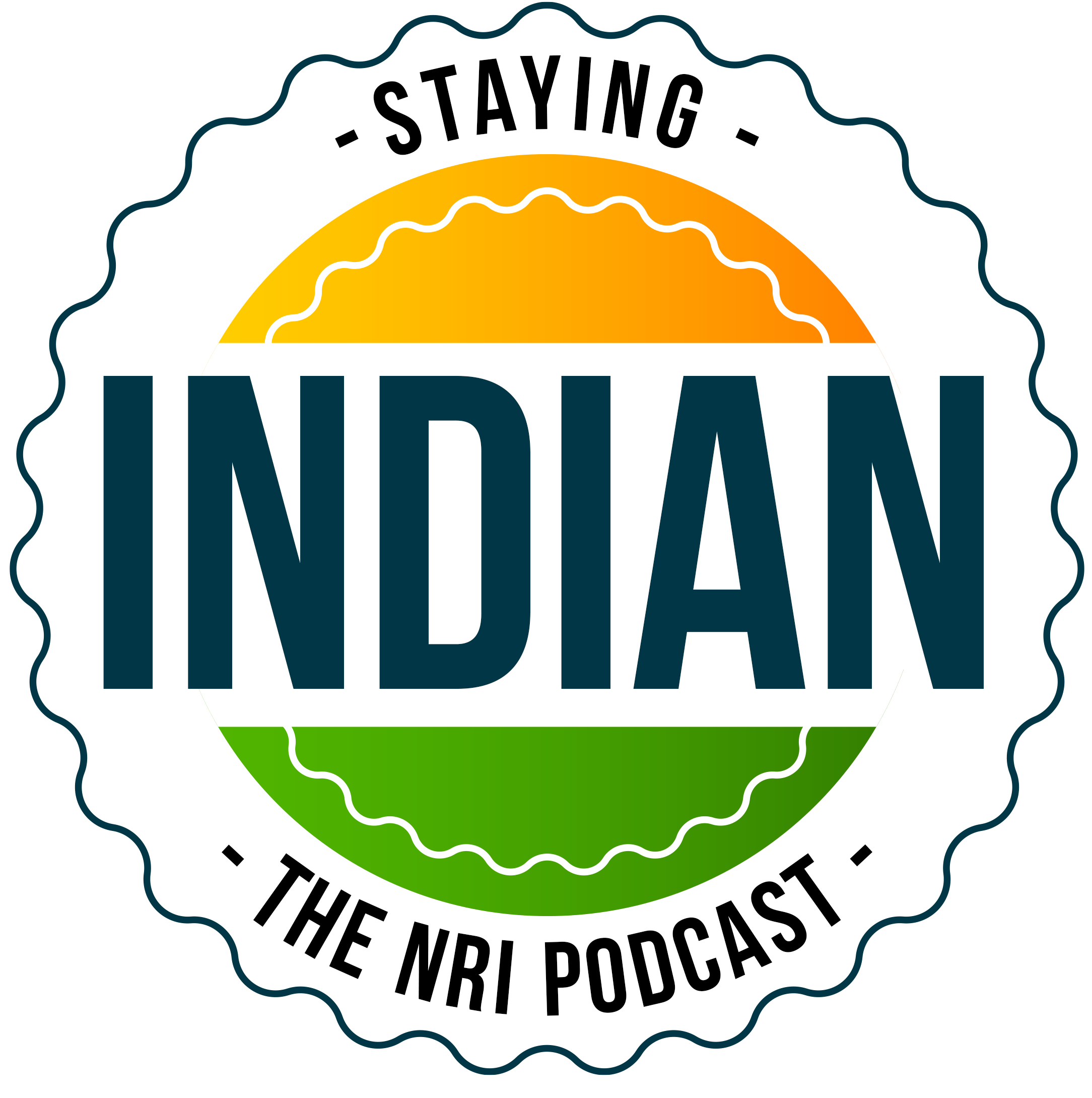Achieving a harmonious work-life balance is a goal that many individuals strive for. In a conversation with Rajeev, who relocated from India to Sweden, we explore the remarkable work-life balance culture in Sweden and how it has positively impacted his personal and professional life. Rajeev sheds light on the practices, values, and support systems that contribute to a fulfilling and balanced lifestyle in Sweden.
Rajeev starts by emphasizing the significance of clear boundaries between work and personal life in Sweden. He shares how Swedish companies prioritize employee well-being by promoting flexible working hours, encouraging vacation time, and fostering a supportive work environment. Rajeev discusses the benefits of shorter work hours, longer paid parental leave, and the cultural norm of leaving work on time, which allows individuals to dedicate quality time to their families, hobbies, and personal growth.
The article explores the various aspects of work-life balance in Sweden, including the strong social welfare system that provides ample support to individuals and families. Rajeev highlights the accessibility of high-quality healthcare, affordable childcare, and educational opportunities, which alleviate the stress often associated with managing work and family responsibilities. He also discusses the emphasis on equality and gender balance in the workplace, which further contributes to a healthier work-life equilibrium.
Through a series of questions, we delve deeper into Rajeev’s experiences and insights on work-life balance in Sweden. From the importance of taking regular breaks and vacations to the cultural norms surrounding work-related stress and burnout, Rajeev offers practical advice and valuable lessons. He discusses the role of self-care, time management, and setting realistic expectations in achieving a sustainable work-life balance.
Questions we try to answer:
How does the Swedish work culture prioritize work-life balance?
What are the typical working hours in Sweden, and how do they contribute to a balanced lifestyle?
How does the concept of “lagom” influence work-life balance in Swedish society?
What support systems are in place to help parents balance work and family life in Sweden?
How does Sweden’s parental leave policy contribute to work-life balance?
What role do flexible working hours play in achieving a healthy work-life balance?
How do Swedish companies promote employee well-being and prevent work-related stress?
What is the cultural attitude towards work-related stress and burnout in Sweden?
How does Sweden’s social welfare system support individuals and families in managing work and personal life?
What resources are available for affordable childcare in Sweden?
How does Sweden’s education system contribute to work-life balance for parents?
What are some common leisure activities that Swedes engage in to unwind and maintain work-life balance?
How does the emphasis on equality and gender balance in the workplace impact work-life balance?
What role does self-care play in achieving work-life balance in Sweden?
How do Swedes prioritize personal hobbies and interests alongside work commitments?
What strategies does Rajeev recommend for effective time management and prioritization?
How do Swedes maintain a healthy work-life balance during the darker winter months?
What are some common misconceptions about work-life balance in Sweden?
How can individuals from different cultural backgrounds adapt to the Swedish work-life balance culture?
What final tips does Rajeev have for achieving a sustainable work-life balance in Sweden?
Hashtags:
#WorkLifeBalance, #SwedishCulture, #HealthyLifestyle, #FlexibleWorkingHours, #ParentalLeave, #EmployeeWellbeing, #SelfCare, #TimeManagement, #PersonalGrowth, #EqualOpportunities, #StressManagement, #SocialWelfare, #LeisureActivities, #GenderBalance

